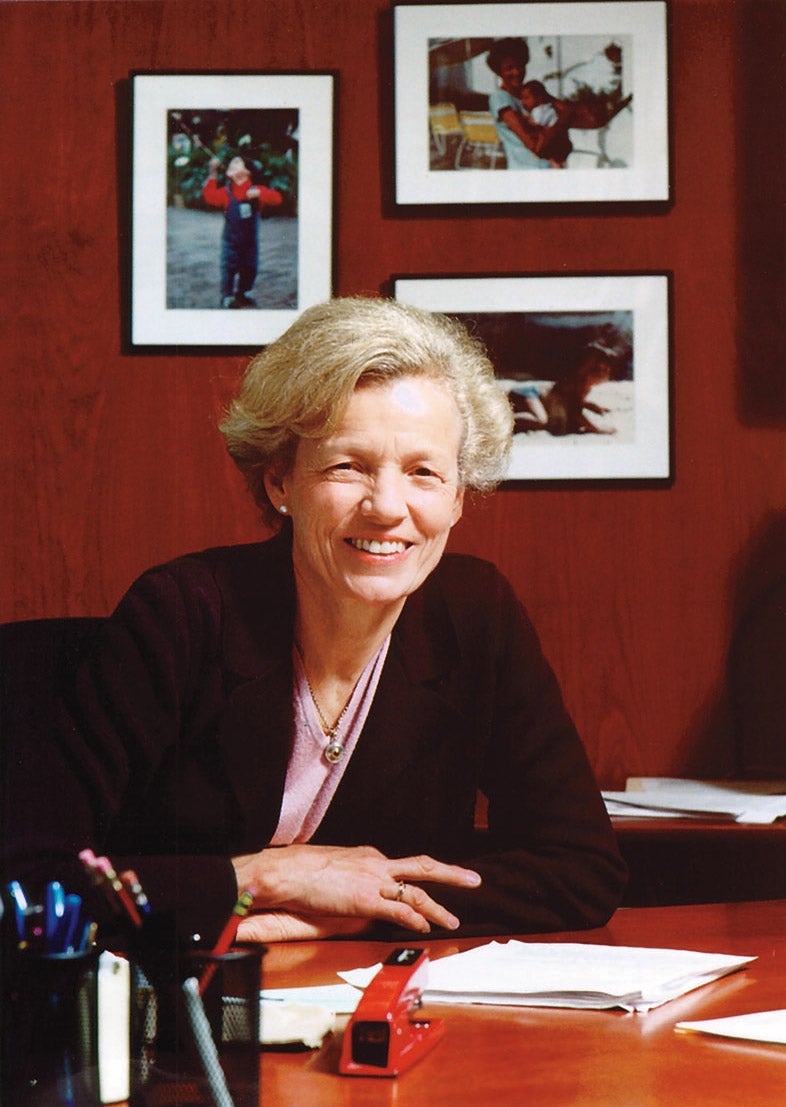The following op-ed by HLS Professor of Law Elizabeth Bartholet was published in the New York Times ‘Room for Debate’ blog on Apr. 15. Bartholet also appeared on NPR’s ‘On Point with Tom Ashbrook’ to discuss the increased scrutiny on international adoption in light of the recent story about a 7-year-old Russian boy sent back to Moscow alone by his adoptive mother.
Bartholet is faculty director of the Child Advocacy Program (CAP) at Harvard Law School.
Suspending adoption is not the answer
by Elizabeth Bartholet
The recent story of the adopted child sent alone on an airplane to Russia should obviously set off efforts to prevent such incidents in the future: prospective parents need accurate information about the institutional and other maltreatment children have suffered prior to adoption and access after adoption to professional advice for children damaged by such maltreatment. They need to know help is available if they feel incapable of parenting their child.
But the risk is that in focusing on the specific wrongs involved in sending this child back, policymakers will ignore the larger story about child tragedy and related policy lessons. That story has to do with the systemic abuse that victimizes the millions of children in institutions worldwide. Many decades of social science demonstrate the destructive impact of such institutions on children’s mental, emotional and physical capacities.
Maltreatment rates are extraordinarily low among internationally adopted children as a group — lower even than in normal biological families. International adoption serves generally to help children, who have suffered horrific maltreatment prior to adoption, overcome the damage done so that they can lead essentially normal lives.
Policymakers who truly care about children should resist the temptation to shut down international adoption in response to the individual abuse or abandonment case. This simply punishes more children, denying them their best chance to escape institutions into the adoptive homes that are generally available only internationally. Yet this response has been sadly typical, in part because Unicef and other official friends of children push countries like Russia in this direction, and the U.S. puts up little resistance.
When biological parents abuse or neglect their children, we don’t try to stop procreation or move all newborn infants into institutions to protect them from the risk of parental maltreatment. It would be irrational, and cruel, to impose even a temporary moratorium on international adoption in response to this case, or to increase existing restrictions on such adoption. Policymakers who genuinely care about children should focus on freeing up children at earlier ages for adoption, because age at placement is the best predictor for normal development.
